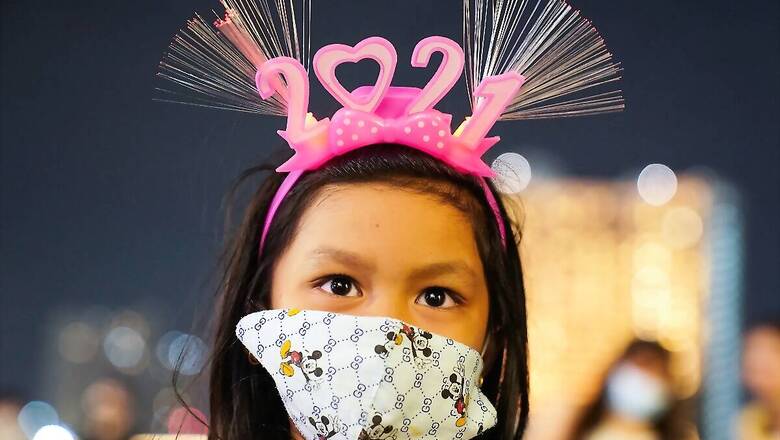
views
There is no easy way to sum up 2020. It was unprecedented, it was terrifying, and it was wearisome. It was also resilient and heroic. But above all, it was a year of loss – of time, opportunities and lives.
Many of us would want the year to be a blur of memory and leave it behind, hoping that things will return to as they were, as if the pandemic was but a blip. But 2020 promises to have a lasting impact that will extend well past the events of this year.
What 2020 became was a series of disasters—communal riots in the capital, lakhs of migrants being forced to walk back to their homes, unarmed Indian soldiers falling to their deaths in a clash with Chinese troops in Ladakh, and the worst pandemic the world has seen in more than a century.
Few will remember the year that ends today with anything close to fondness.
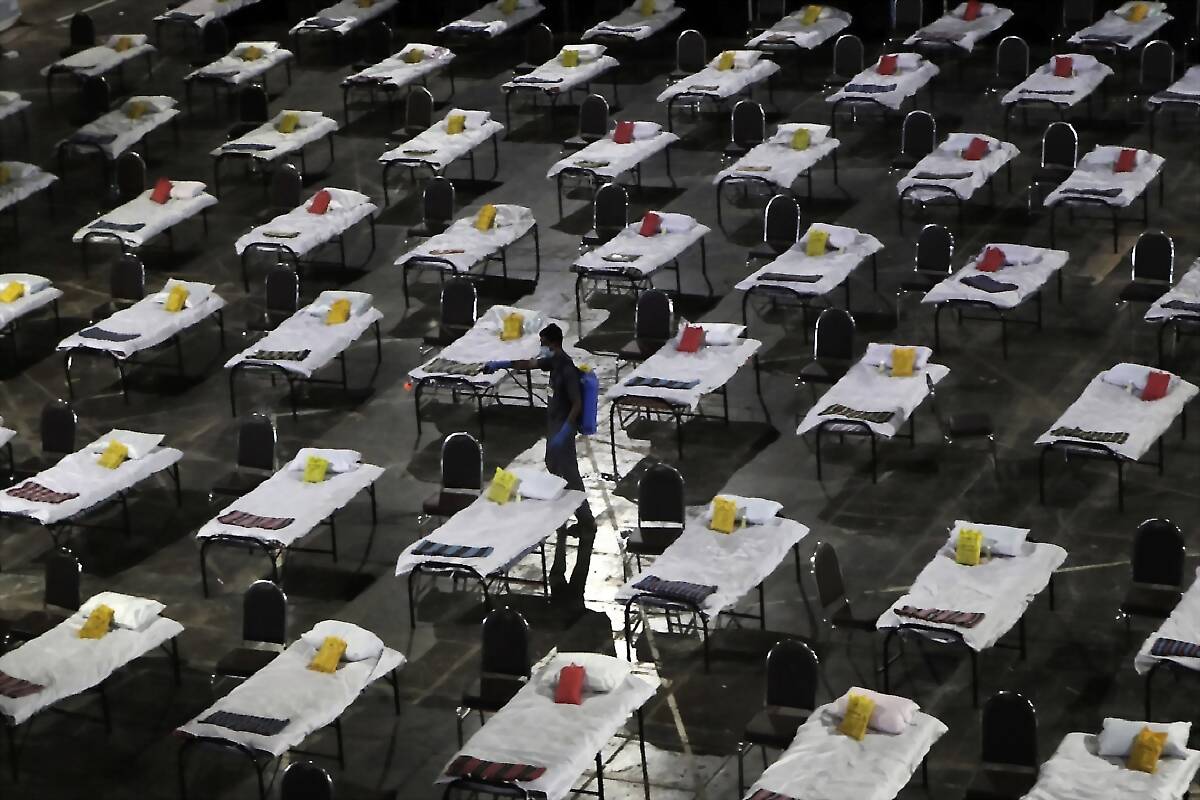
But as the world prepares to turn the page on the grim year defined by the pandemic, the globe is united in one hope for 2021: that a slew of new vaccines on the anvil will stamp out Coronavirus.
New Year’s Eve marks one year since the WHO first mentioned a mysterious pneumonia in China that was later identified as Covid-19. It went on in 2020 to kill more nearly 18 lakh people and devastated the global economy in unprecedented ways.
Along with the rest of the globe, India, too, struggled, recording more than 1 crore cases – the second highest in the world – and losing close to a lakh and a half people to the virus: scientists, doctors, celebrities, the rich and the poor, to the people we loved around us.
There was also the loss of livelihood as millions lost their jobs and many more had their salaries cut. The economy, already in the midst of a slowdown, crumbled under the weight of the lockdown.
The most defining image of the crisis was the migrant exodus, as crores of people desperately tried to escape cities, thronging near bus stops and embarking on a long and arduous journeys on foot, not only exposing economic but also social inequalities.
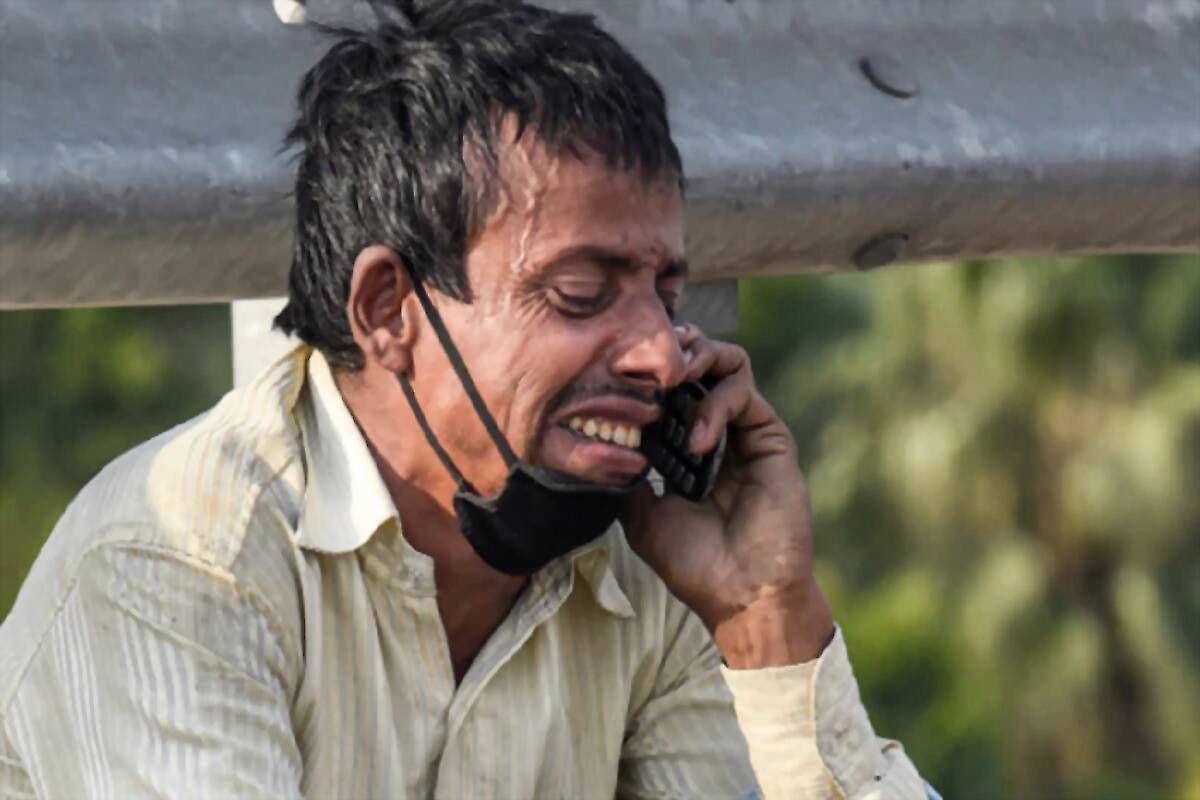
Rampukar Pandit, a migrant worker, took a long and arduous journey from Delhi to reach his hometown after his son’s death.
It was also a year where spending most of the time holed up inside due to coronavirus restrictions meant a forced break on social communion as we have come to expect: there were no travels, celebrations, gatherings and parties, and even those held were in the shadow of the fear of the virus.
The forced isolation that took a toll on our mental health meant words like lockdown, social distancing, WFH, and the new normal became a part of our everyday lexicon, even if we struggled to grasp what this new normal meant.
Even as the common man contended with this year of radical change, politics continued as usual: “full of sound and fury, signifying nothing”. Politicians of all hues bickered endlessly as India struggled from crisis to crisis. The Congress continued leaderless and directionless. The BJP lost allies and won elections.
Politics hit its lowest point in the middle of the year, with the death of actor Sushant Singh Rajput. Authorities preyed on soft targets in Bollywood, heedless of or actively distracting from the mounting Covid-caused deaths.
Around the same time, at the Sino-Indian border, India lost troops in trying to push back Chinese troops who had intruded on Indian territory, in what were the first deaths on the border in 45 years. The standoff still continues and soldiers suffer in the extreme cold at the frontlines.
The theatre of the absurd then shifted to UP, where the Adityanath government enacted the ‘love jihad’ law, a strict anti-conversion legislation that targets inter-faith marriages. The law contains enough fuzzy language to take away the freedom to love, and gives plenty of scope for harassment by the police, and vigilante groups on the prowl against minorities.
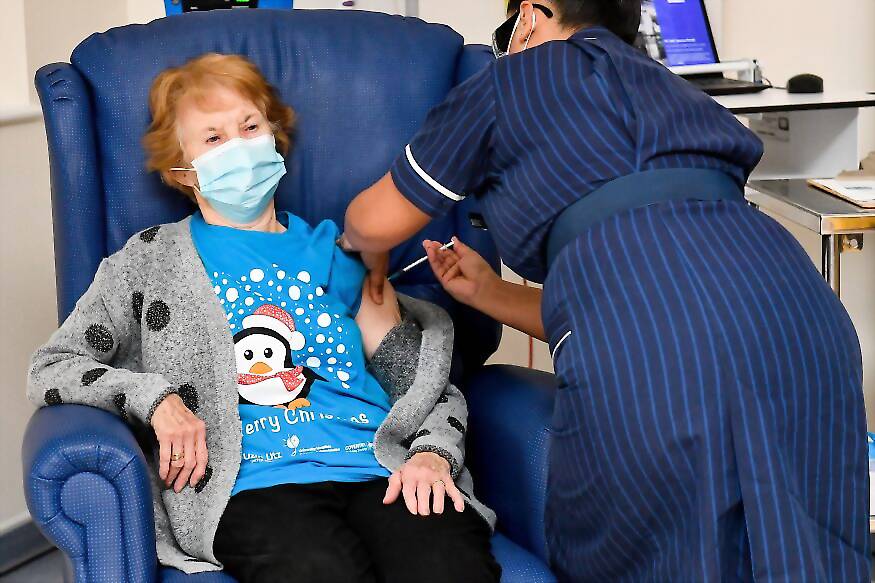
But despite the doom and gloom of 2020, there were silver linings, as in the midst of the tragedies there was courage, there was sacrifice, there was optimism.
Despite words of caution from scientists, hopes of a silver bullet in the form of a vaccine persist. International efforts have helped develop vaccines in a record time of under a year, what would have been unimaginable till a few years ago. While countries like the US and UK have already started the vaccine rollout, India is expected to approve the shots within the next few days.
Turning the calendar on a new year can always be a symbolic experience, inviting reflection on the last 12 months and an opportunity to reset for the year ahead. This year, more than others, it offers hope that the new normal will make way for a semblance of normalcy.
Read all the Latest News, Breaking News and Coronavirus News here















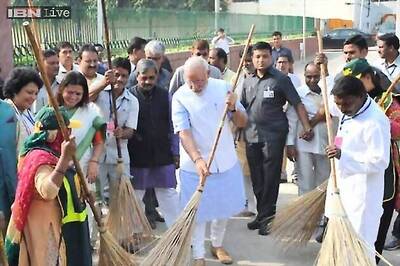

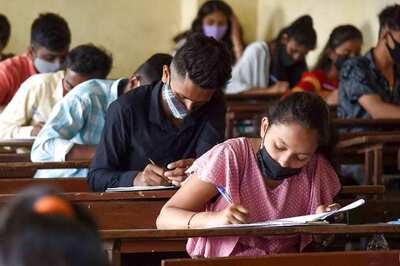

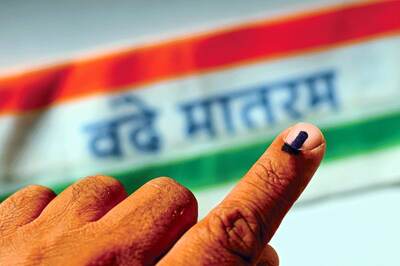
Comments
0 comment